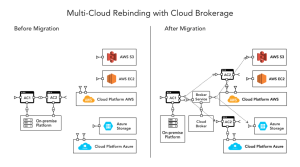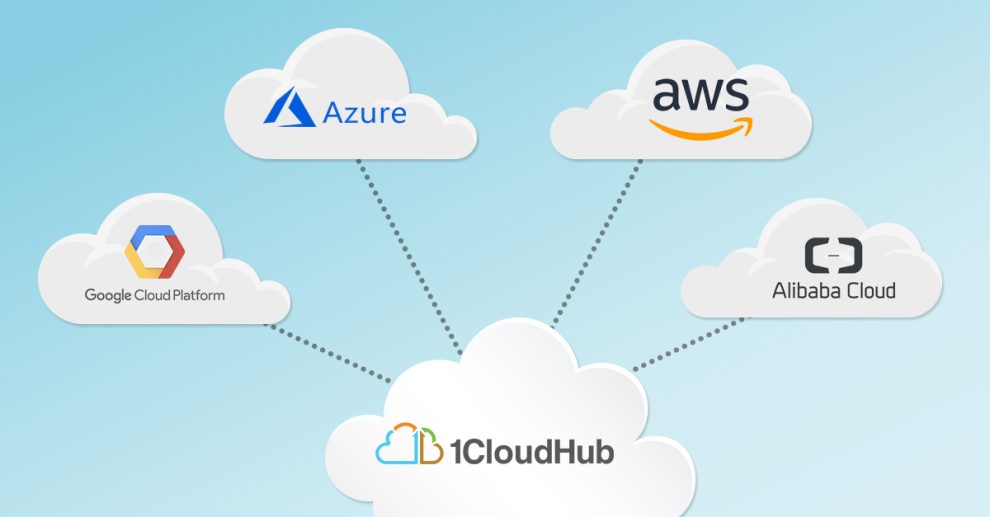The cloud computing landscape has evolved from a monoculture to a diverse ecosystem, with organizations embracing multi-cloud strategies and spreading workloads across platforms like AWS, Azure, Google Cloud and more. This approach unlocks game-changing benefits, but also comes with complexity. So what does it take to become a multi-cloud master?
Why Go Multi-Cloud?
Here are the top motivations driving enterprises towards multi-cloud adoption:
Cost Optimization
Leverage the competitive pricing from different cloud vendors to get better deals and avoid lock-in. Negotiate, analyze spend and right-size resources to optimize costs.
Innovation and Choice
Access best-of-breed services from leading cloud platforms. Customize infrastructure to gain unique capabilities that serve business needs.
Enhanced Resilience and Disaster Recovery
Distribute workloads across multiple cloud data centers and regions to minimize downtime risk from outages or disruptions.
Greater Agility and Scalability
Quickly spin workloads up or down leveraging diverse resource pools. Effortlessly scale to meet demand spikes and new requirements.

Architecting for High Availability in a Multi-Cloud World
Building reliable, resilient multi-cloud solutions requires a sound foundation with these pillars:
Hybrid and Multi-Cloud Integration
Bridge on-prem and cloud environments for unified management, visibility and workload mobility.
Cloud-Agnostic Services
Utilize portable technologies like containers and Kubernetes for maximum flexibility.
API Gateways and Service Meshes
Establish consistent interfaces, user experiences and observability across services.
Redundancy and Automated Failover
Incorporate redundancy at all layers and auto-failover to reduce outage impacts.
Multi-Cloud Cost Management
Track spending and optimize resource usage efficiency across cloud providers.
Navigating Multi-Cloud Challenges
While delivering immense value, multi-cloud also brings new hurdlesincluding:
Management Overhead and Complexity
Requires specialized expertise and added personnel to integrate multiple environments.
Security, Compliance and Governance Concerns
Data protection and regulatory compliance grow more challenging.
Risk of Vendor Dependencies
Adoption of cloud-specific services can still create vendor lock-in over time.
Talent and Skills Shortages
Demand exceeds supply for expertise in multi-cloud architectures and toolchains.
The Roadmap to Multi-Cloud Mastery
Follow these best practices to ensure a successful journey:
Start Small, Learn and Iterate
Begin with low-risk pilots to prove value before going all-in.
Invest in Training and Partnerships
Develop internal skills and leverage outside experts to fill gaps.
Standardize with Abstraction Layers
Encapsulate services using containers, serverless and APIs for consistency.
Institute Governance and Controls
Define policies, procedures and monitoring to manage risk.
Continuous Optimization and Improvement
Keep evaluating costs, performance and architecture to refine operations.
The Future Belongs to Multi-Cloud Masters
Multi-cloud is no longer just an option – it’s the new reality of enterprise IT. Organizations that build expertise in integrating, managing and optimizing multi-cloud environments will be poised to thrive. So why not start your adventure today? With the right strategy and roadmap, you can unlock innovation, resilience and agility across the diverse cloud ecosystem.
















Add Comment